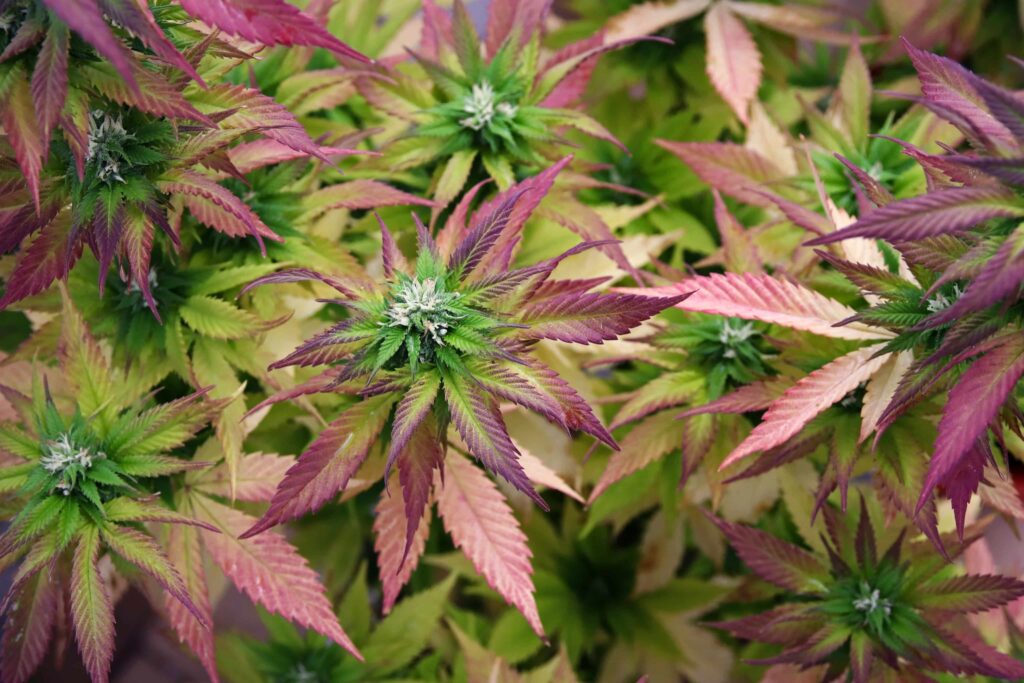
A New Hampshire cannabis panel, officially called the “Commission to Study With the Purpose of Proposing Legalization, State Controlled Sales of Cannabis and Cannabis Products,” held its most recent meeting after it was created this summer with the intention of presenting draft bill recommendations by Dec. 1, 2023. Legislators will discuss the recommendations next year during the 2024 legislative session.
New Hampshire Gov. Chris Sununu signed House Bill 611 to establish the commission in August, stating that it will allow experts to discuss the best course of action. “New Hampshire has an opportunity to safely regulate the sale of marijuana with a model few others can provide,” said Sununu. “By establishing a commission to study state-controlled sales, this bill will bring stakeholders from across New Hampshire together to ensure that preventing negative impacts upon kids remains our number one priority.”
Since its creation, the commission has held five meetings on Sept. 8, Sept. 18, Oct. 5, Oct. 19, Oct. 24, with the next meeting set for Nov. 3. According to N.H. Rev. Stat. § 176:16-b, the goal of the commission is “to study with the purpose of proposing legislation, state-controlled sales of cannabis and cannabis products.”
Sen. Timothy Lang kicked off the most recent meeting to clarify the commission’s goals. “We’re not here to discuss legalization, we’re here to discuss how to put a bill forward that would do legalization, but do it in the matter that is most protective of our citizens and our regulations,” said Lang. “The charge of the commission is to put the best bill forward possible if legalization were to happen in a state-controlled model.” He added that their goal is to determine what should be added to the bill to address their various concerns, and also what would make New Hampshire’s legalization “better than Colorado.”
The first half of the meeting consisted of hearing from three individuals. First up was Dr. Omar Shaw (an adult and child psychiatrist and addiction medicine specialist, as well as faculty at Boston Children’s Hospital and instructor at Harvard Medical School) stated that he doesn’t see benefits of cannabis outside of FDA-approved seizure medicine. “Once you get away from these conditions, it’s very hard to see the benefits overall compared to the potential side effects it has,” Shaw stated. When asked about what he would add to legislation to address his concerns, he suggested a minimum age of 25 for consumption because that’s when brain growth begins to slow. However, he also added that if it were up to him, he would ban alcohol and nicotine too.
Amy Turncliff was the second speaker, who explained that she has a pHD in neurobiology with postdoctoral training at Harvard Medical School, with expertise in mental health and substance abuse disorders, as well as cannabis use and policy. She advised it would be best to create a legalization bill that “would mitigate those negative impacts” of both youth and adult consumers who could be at risk of psychotic disorders. But then she added that she doesn’t think that can be mitigated. “Those of us who are public health advocates do believe that there will be a reckoning down the road…Maybe a decade or more from now, all of this is going to come tumbling out,” Turncliff said.
The third speaker was Scott Gagnon, a certified prevention specialist and anti-cannabis advocate from Maine who led the coalition against cannabis in that state in 2016. He began by explaining that progress was undone by legislators who didn’t take the impacts of cannabis seriously. “You can put forward the best legislation that’s ever happened in this country when it comes to cannabis legalization, but the work after it is going to be just as important to protect what to protect what you put in there,” Gagnon said.
The floor was open to public comment following Gagnon’s speaking time, leading with USDA licensed hemp cultivator, Jim Riddle. He brought up a recent New Hampshire farmer survey which showed that 87% were supportive of legalization “in general”, and 78% have “expressed interest” in growing cannabis. Riddle also added that a more restrictive legalization bill will lead to more issues with an illegal industry. “The more barriers to being a legal player, the more you’re favoring the illegal market,” Riddle said.
After a brief break, the panel returned to discuss the current draft of the 37-page bill, but only proceeded to review a few pages before concluding for the day.
At a previous meeting on Sept. 18, the panel considered a state-run model for legalization, according to New Hampshire Liquor Commission chairman Joseph Mollica. “The model that we are looking to put into place, that we feel would be feasible, is that the Liquor Commission would be the franchisor and the franchisee would be the retailer,” Mollica said. Essentially, the liquor commission would control all “safety aspects of selling the product.”
Read full article on High Times

